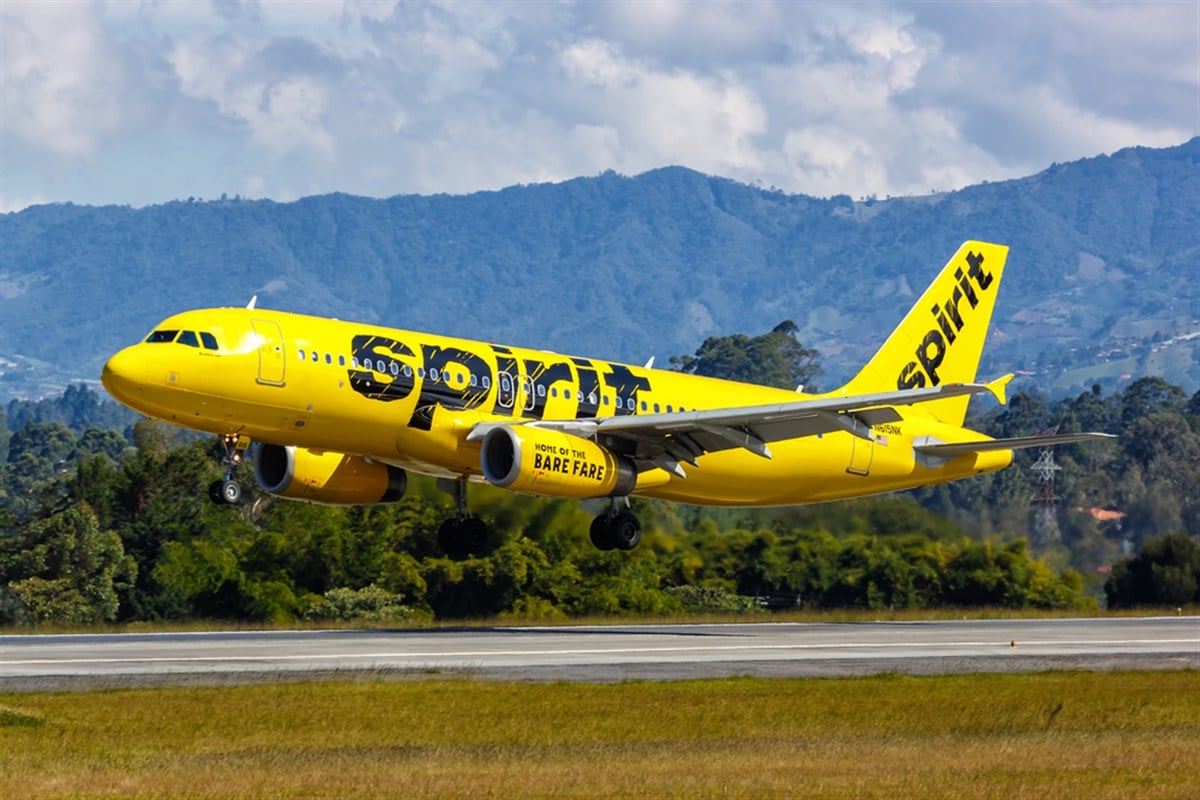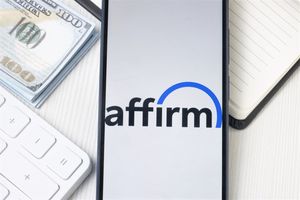
A recent twist involving JetBlue Airways (NASDAQ: JBLU) and Spirit Airlines (NYSE: SAVE) took center stage in the airline industry, where mergers and acquisitions could shape the skies.
Picture this: JetBlue, eyeing a $3.8 billion deal to acquire discount carrier Spirit, envisioning the birth of the nation's fifth-largest airline. However, the plot thickened, and that deal suddenly stopped as the Justice Department stepped in, blocking the union and warning of potential consequences for price-sensitive consumers.
The decision represents a significant victory for the Justice Department as it aggressively aims to block deals it views as anti-competitive. Shareholders of the discount airliner won’t share in the Justice Department’s victory celebrations, though. Following the announcement, shares of Spirit Airlines crashed more than 50%, taking out its pandemic lows from 2020.
Could this be the beginning of the end for Spirit Airlines? Let's delve into the saga of Spirit Airlines and explore the aftermath of this regulatory drama on the airline's stocks.
Spirit Airlines stock falls over 50%
News of the blocked merger sent shockwaves through Spirit Airlines' stock, witnessing a staggering plummet of over 50%. The proposed deal, intended to propel Spirit to new heights alongside JetBlue, suddenly came to an immediate halt.
The market was quick to react and perceived this as an exceptionally negative catalyst for Spirit Airlines, as its stock immediately plummeted in dramatic fashion. In contrast to the market, U.S. District Court Judge William Young's decision to block JetBlue's $3.8 billion acquisition of Spirit Airlines is being hailed as a triumph for cost-conscious travelers. Young highlighted that JetBlue's plan to convert Spirit's planes to its layout and charge higher fares would have harmed those relying on Spirit's affordable pricing.
The Justice Department, which vigorously opposed the merger, celebrated the ruling as a victory for consumers, emphasizing that it prevents potential fare hikes and limited choices. The lawsuit alleged that JetBlue's acquisition would have eliminated about half of all ultra-low-cost airline seats in the industry, impacting millions of travelers. The ruling stands as a notable win in the Justice Department's stance against perceived anti-competitive deals.
In stark contrast, JetBlue and Spirit, in a joint statement, said that they disagreed with the ruling and will evaluate their options and next steps. The carriers said: “We continue to believe that our combination is the best opportunity to increase much needed competition and choice by bringing low fares and great service to more customers in more markets while enhancing our ability to compete with the dominant U.S. carriers.”
Analysts sound the alarm on Spirit Airlines
Spirit Airlines faces significant challenges in achieving and maintaining profitability. The airliner has been grappling with rising operating expenses and persistent supply chain issues, casting doubt on its ability to repay looming debt maturing next year.
Analysts speculate that bankruptcy might be on the horizon, with the best-case scenario being a Chapter 11 filing followed by liquidation (Chapter 7). A potential deal with JetBlue, which would have created the fifth-largest U.S. carrier, could have provided a much-needed boost. However, regulatory hurdles now dim the prospect, and Spirit's struggles, including engine issues and pricing pressure, raise concerns about its valuation without a merger, according to Deutsche Bank and J.P. Morgan analysts.
Following the fundamentally changing decision, Susquehanna lowered its price target on SAVE from $15 to $5, forecasting over 36% of downside at the time of the report. Spirit’s consensus rating of Reduce is well below the consensus rating of transportation companies (Moderate Buy) and the S&P 500 (Hold). The consensus price target for SAVE is $12, forecasting almost 100% upside. However, that price target will likely be reduced in light of the recent news.





